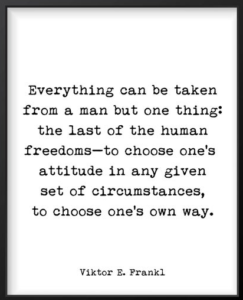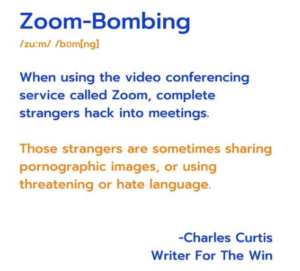You may be sitting at home right now, asking yourself this very question! I wonder what my CEO prefers I do in my role. It’s a valid question, and one I find that great HR leaders already know the answer to, because they ask the question, often!
When I wrote my SHRM published book, The Talent Fix, part of the research I did was to interview hundreds of c-suite executives. CEOs, COOs, CHROs, CIOs, etc. I wanted to find out what made a world-class HR and Talent leader versus an average leader. From that research came some definite DNA traits.
It’s fascinating to have these conversations, and one thing I did was pull them away from just talking about their current HR and TA leaders. All that would turn into is a performance review, and they were giving it to me, not the person who needed and wanted it! We delved into the concept of if you could choose the ‘perfect’ leader to run your HR and TA functions, what would that person look like? What would they do differently than all before them?
Here is what your CEO wishes we would do in our role as HR and TA leaders:
1. Provide Data-Driven Solutions.
So often what we provide our solutions based on gut and feel. Solutions that are generated to be CYA and eliminate HR work, while increasing work on our employees. Data-driven solutions are desired by the c-suite because it shows you understand the goals and outcomes of the overall business and you are designing a function that will help meet those outcomes. Old HR used subjective measures of success because those were easy to meet. New HR, better HR, uses the same measures of business success that our c-suite uses to measure actual success.
2. Increase your Executive Presence to become that Executive Mentor.
It’s really lonely at the top! I know, I know, cry me a river for the CEO and her new Mercedes SUV, right!? But seriously, think about the role of CEO. As a CEO you can’t really just go to a direct report and say, “Hey, I need some help, I’m not sure I’m doing the right thing!” That will never happen! But as an HR leader, we have this ability to be that confidant and executive coach for our c-suite, but only if we actually put ourselves into that role! That takes executive presence. The greatest HR leaders I’ve been around in my life, all played this role for their c-suite!
3. Be a Futurist.
Our CEOs believe we are firefighters, first responders at our best. While we love our real-world first responders, being viewed as that by your leader in HR isn’t a good thing. Having to fight fires all day, every day means we can’t figure out how to get ourselves out of the firefight and begin building a better state of being. Our c-suite also believes we do not have the level of technical savvy to even choose our own tech stack, so they choose it for us like we are children. Becoming a futurist, pulling ourselves above the fires, and building a strong understanding of how technology can help every aspect of HR, will put you on another level of HR and TA leadership.
Becoming great at anything isn’t easy. Don’t allow yourself to be told by anyone that it is. It’s something you’ll work towards the rest of your career. I find that super exciting, as lifelong learning and development is what keeps HR and TA new and interesting to me every single day!
I’m an SHRM-SCP. I’ve been certified in HR for over 20 years! I’m proud of the certification and the continual learning I’ve done to increase my skill sets. I recommend you take a look at SHRM Education Spring 2020 Catalog and pay close attention to these programs and e-learning modules:
- 32 – Consultation: Honing your HR Business Leader Skills
- 33 – Investing in People with Data-Driven Solutions

- 34 – Powerful Leaders – Transform your personal brand and executive presence. Strategies for Leadership in HR.
- 35 – Future of Work Fast Track
Use the code “HRRocks” when registering for a Spring or Summer SHRM Educational Program and receive $200 off until May 15th! (excludes SHRM specialty credentials and SHRM SCP/CP prep courses)






